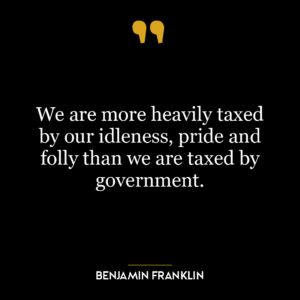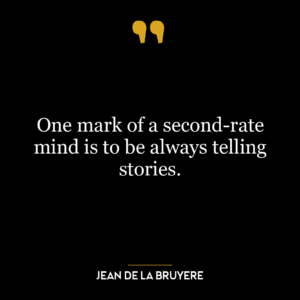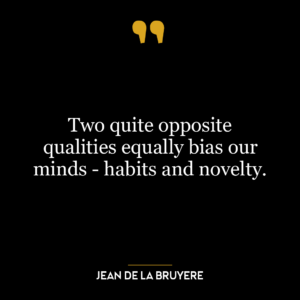This quote suggests that people who are blind to all the apparent beauties in the world are often the ones who are quick to notice and highlight the flaws or blemishes in others. It implies a sense of envy or resentment in the observer’s mind, which may stem from their inability to appreciate or acknowledge the beauty around them.
The ‘apparent beauties’ mentioned in the quote can be interpreted as the positive qualities or achievements of others. Being ‘blind’ to these beauties means not recognizing or appreciating them. The ‘blemishes’ can be seen as the faults or weaknesses in others. So, when someone is unable to see the good in others, they often focus on and exaggerate the bad.
In the context of personal development, this quote can serve as a reminder to cultivate a positive mindset and to appreciate the good in others. It encourages us to shift our focus from the negatives to the positives. When we are able to appreciate the beauty and goodness in others, we are less likely to be consumed by envy or resentment.
In today’s world, this idea is particularly relevant in the age of social media where people often compare their lives with others. It’s easy to focus on the ‘blemishes’ – the perceived shortcomings in our own lives when compared to others. But this quote reminds us to appreciate our own ‘apparent beauties’ – our strengths, achievements, and the positive aspects of our lives. It encourages us to shift our focus from comparison and envy to appreciation and gratitude.
This perspective can also foster a healthier social and emotional environment, as it promotes understanding, empathy, and positivity rather than criticism, envy, and negativity. It’s a call to celebrate the achievements and successes of others, rather than being envious or resentful.

















